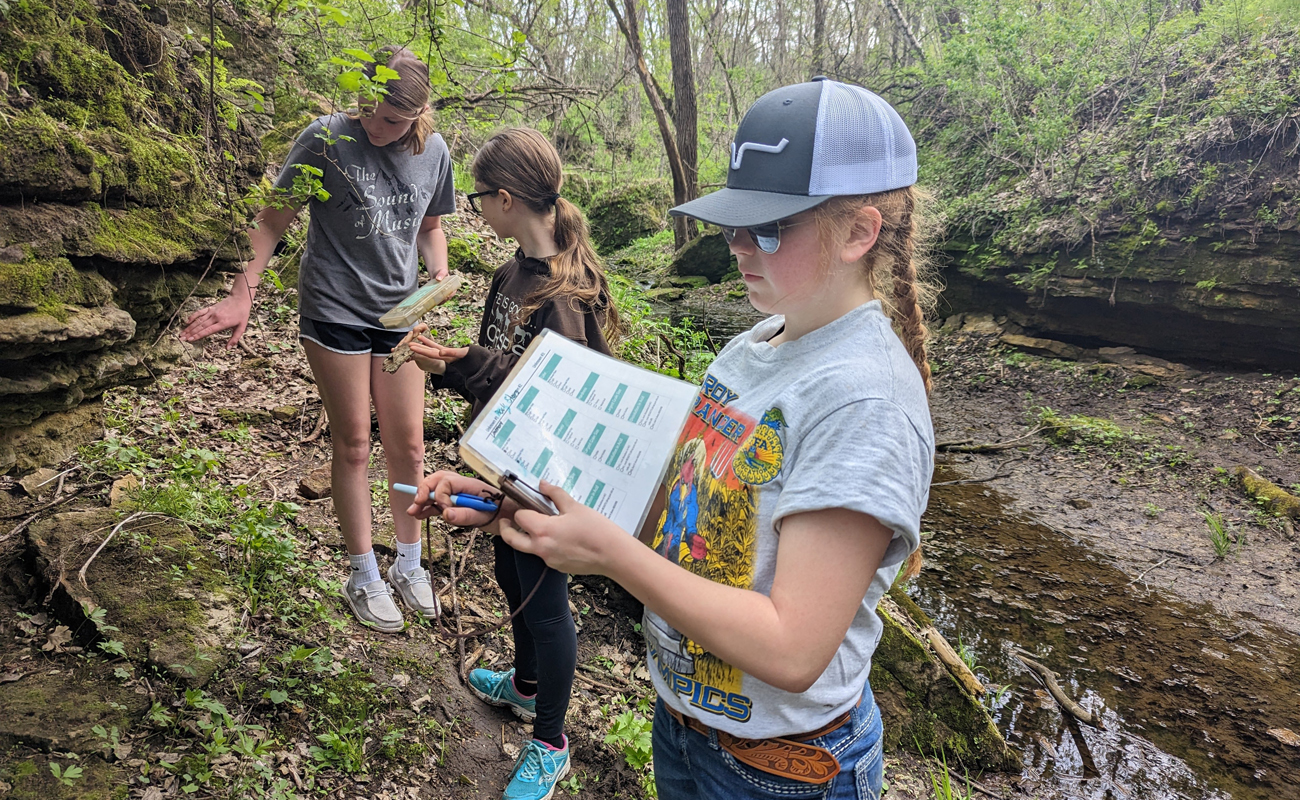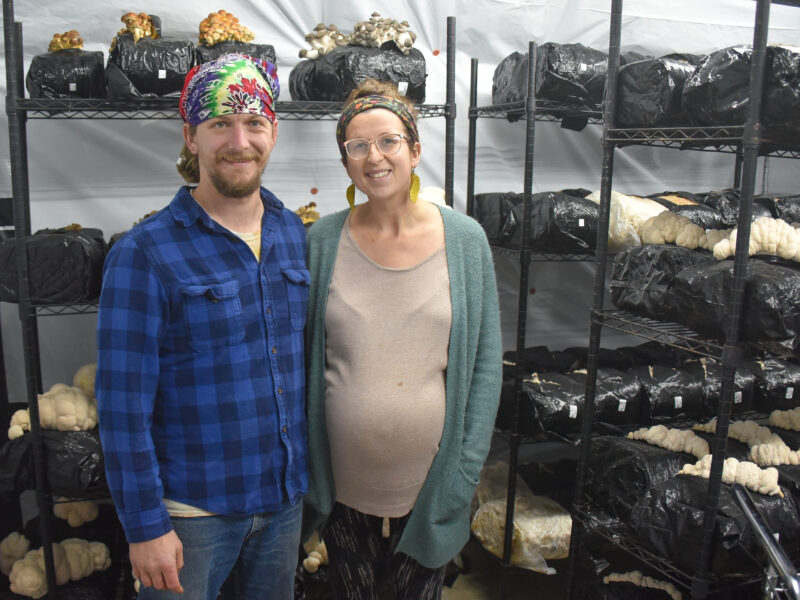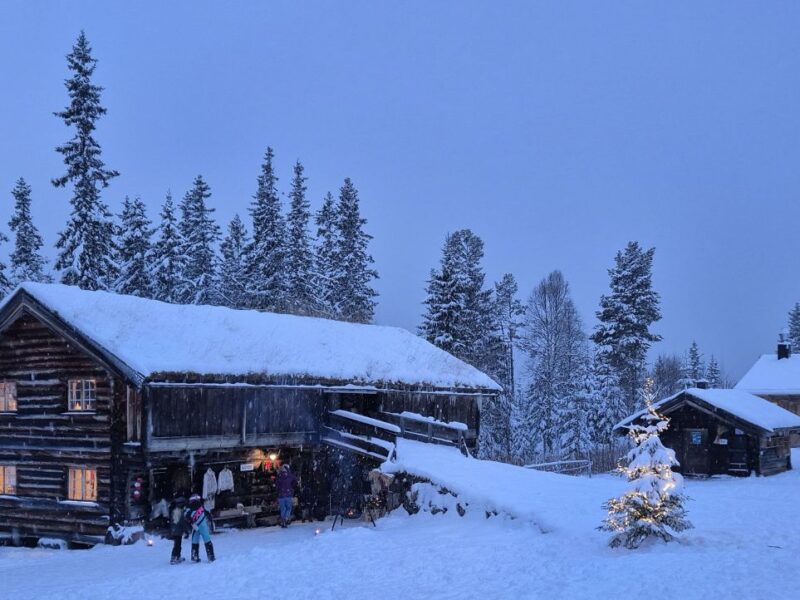Students study Karst geology on Eagle Bluff’s campus. Using simple tools of a geologist, they identify the chemical and physical properties of four different types of sedimentary rocks. (Photo submitted by Eagle Bluff)
Eagle Bluff champions Outdoor School for All bill
LANESBORO — Seven minutes a day: The amount of time the average American child spends outside engaging in free play, according to a 2018 Sanford Health study*. Seven hours a day: The amount of time the same study says the average American child spends in front of a screen.
Growing up in the 80s and 90s, this number was flipped for me. As a child with endless energy you could find my brothers and me outside catching frogs and bugs, building forts, damming a creek, and whittling sticks. The long summer days were spent splashing in the river, making friends at nature camp, and making up games in the tree house with the neighbor kids. Screen time was always the least preferred option and reserved for when severe weather rolled in or we weren’t feeling well. Not to mention, with the Internet still a nascent technology back then, thankfully the addictive allure of digital devices wasn’t a large factor in my upbringing.
For those of you that grew up with outdoor play experiences like I did, the above statistics probably shock you (if not, they should!). Today’s children are rapidly losing connection to the natural world and the myriad benefits that come along with time spent outside.
Nature-Deficit Disorder
In his seminal book, The Last Child in the Woods, author Richard Louv dubbed this phenomenon, ‘nature-deficit disorder’. Hundreds of studies from the last couple decades have shown that being outdoors builds physically healthier children, improves social/emotional and cognitive development, improves sensory skills, increases attention spans, grows happiness, contributes to a healthy immune system, and more. With all these data and evidence showing the benefits of being outdoors, what can we do to reverse the frightening trend of kids not getting outside?
With nature play being such a formative part of my childhood, it’s no surprise that I was drawn to a career focused on connecting people with the outdoors. As executive director of Eagle Bluff Environmental Learning Center, a private 501(c)3 nonprofit just outside Lanesboro, I have the honor of leading an organization with a mission to do just that.
Outdoor School
Our flagship program, Outdoor School, provides the opportunity for teachers to bring students on a multiday, overnight trip to experience the outdoors while participating in adventure, science, and cultural history classes aligned to state academic standards. Expanding learning beyond the classroom, Outdoor School immerses students in natural surroundings while they participate in experiential learning in the form of hands-on classes, naturalist programs, group challenges, and adventure activities. Often, an Eagle Bluff trip is a child’s first meaningful experience with the outdoors.
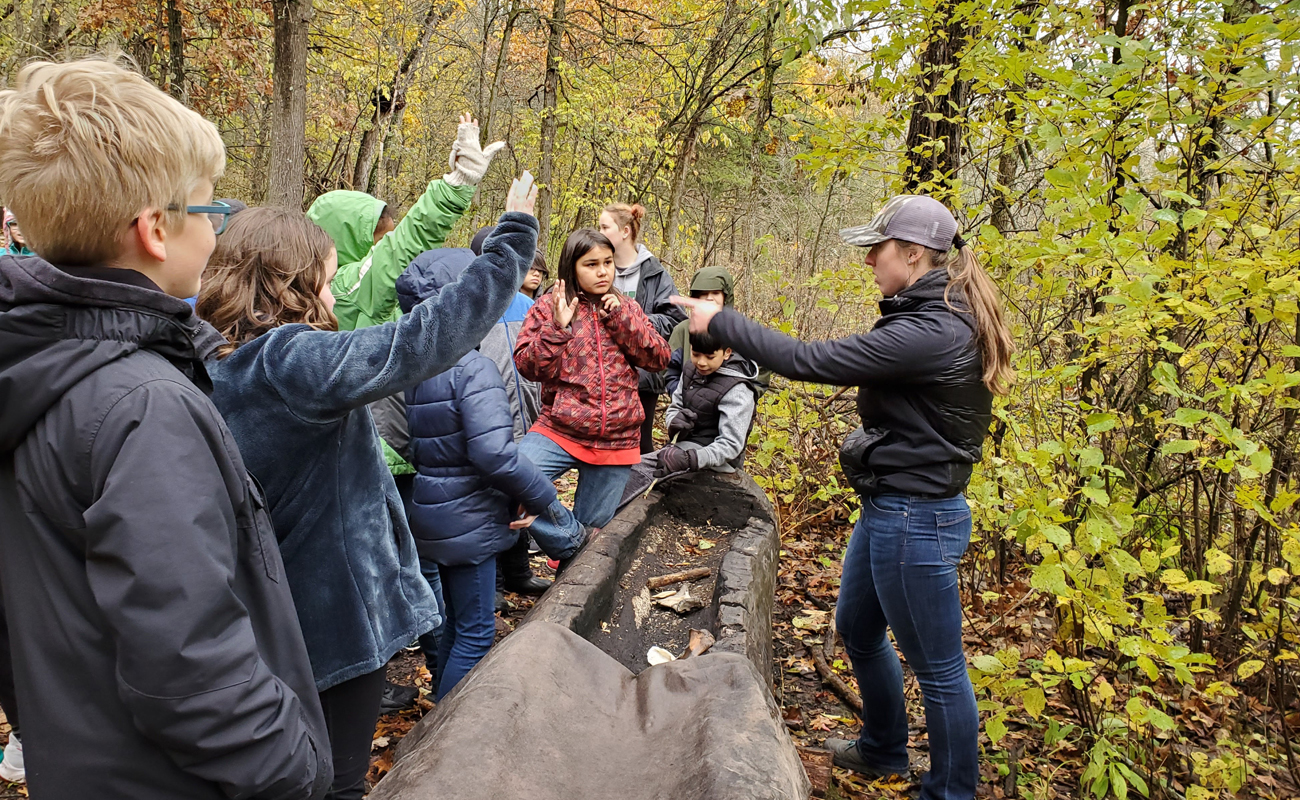
An Eagle Bluff environmental education fellow leads a lesson during a class on the Oneota, a pre-contact culture who once inhabited the upper Midwest. (Photo submitted by Eagle Bluff)
A recent story reinforces the alarming statistic I referenced at the beginning of the article.
Lucas, a 5th grade student who came on an Outdoor School trip with his class this spring, was very hesitant about his upcoming field trip to Eagle Bluff. According to his teacher, his attitude towards being outside was that he “hates the outdoors and everything people do out there.” Additionally, not a night would go by where he had fallen asleep without a television on. Nonetheless, he begrudgingly got on the bus with the rest of his classmates to make the trip to our campus. Due to the modern decline in children getting outside (and a growing number of kids with a similar attitude about the outdoors), we intentionally train our education staff on how to work with students like Lucas, helping to make them feel comfortable and welcome as soon as they arrive on our campus.
After arriving and settling into our accommodations, the first class Lucas experienced while at Eagle Bluff was called “Survival”. In this class, participants are placed in survival situations to develop wilderness skills and understand the need for teamwork and a positive mental attitude for survival. Students test their survival competence by prioritizing a list of supplies, constructing a shelter, building a fire, conserving limited resources, and guarding against the elements. Once he got outside and began building shelters, you could see a physical and mental shift in Lucas’s attitude and energy. He was excited and eager to participate and actually wanted to be a part of his group. This pattern continued for the duration of the trip.
Often we see that the students who are the most hesitant and/or have the worst attitudes about being in nature emerge as leaders in their group and thrive once they get in their groove outdoors. Lucas’s experience at Outdoor School helped him learn that he loves to roll down hills, have fun outside (even when it’s raining), push boundaries, and that you can absolutely fall asleep without the use of screens or electronics.
Lucas, and many others like him who come on an Outdoor School trip, are great success stories of connecting kids with the outdoors, and the reason our staff and I are excited to come to work everyday. However, sadly we have a long way to go if we want this transformative experience to happen for all children in our state.
Outdoor School For All
Currently, only about 30% of Minnesota students are able to access Outdoor School programming like we provide. Eagle Bluff is working to change this. A bill that would give every Minnesota student the opportunity to connect with the outdoors by attending an overnight Outdoor School like ours was recently introduced in the Minnesota state legislature.
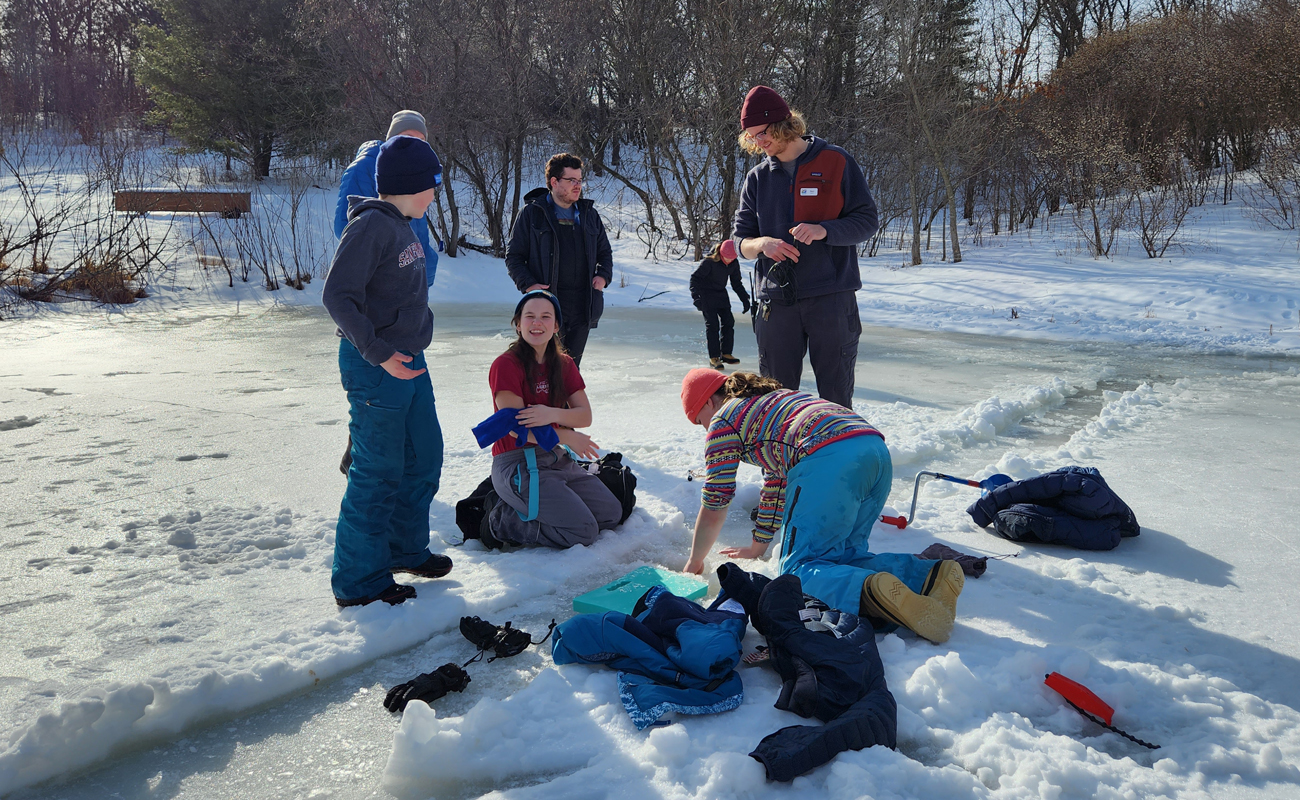
An Eagle Bluff educator leads a lesson during Big Freeze, a class that analyzes the challenges faced by Minnesota’s plants and animals during the winter. (Photo submitted by Eagle Bluff)
The bill, carried by Northfield Rep. Kristi Pursell and Winona Sen. Jeremy Miller, already has broad bipartisan support. Minnesota Outdoor School For All would create a new statewide grant program to provide funds that would fully pay for a three-day, two-night immersive nature experience for every fourth through eighth grade student in the state.
This would include all programming fees, transportation, and ancillary costs (such as teacher stipends), making these trips entirely free to students’ families and schools. Money should not be a barrier for kids to have these experiences in the outdoors, and this bill would eliminate that as an obstacle.
The legislation is being championed by Outdoor School For All Minnesota – a coalition of the state’s five accredited, overnight Outdoor Schools. This coalition consists of Deep Portage Learning Center, Hackensack; Eagle Bluff Environmental Learning Center, Lanesboro; Long Lake Conservation Center, Palisade; Osprey Wilds Environmental Learning Center, Sandstone; and Wolf Ridge Environmental Learning Center, Finland.
Over the course of the next year, this coalition will spread the message to the public, schools and other organizations that have vested interests in outdoor education and Minnesota students. The goal is for the bill to be considered as part of the May 2024 Supplemental Budget Session.
While new to Minnesota, Outdoor School for All is part of a nationwide movement. Similar legislation has already been enacted with broad bipartisan support in Oregon and Washington. In 2014, Oregon’s program was also only serving about 30% of the state’s students. Now, according to Oregon State University Extension Service, Outdoor School for All serves over 80% of the state’s students. This is an incredible success story, and learning from these states’ experiences will help us build upon their success by implementing a similar Outdoor School for All program for Minnesota children.
Minnesota has a proud legacy of connecting people to the outdoors. Just like I was encouraged by the adults in my life to spend my free time outdoors, we have a unique opportunity to inspire, demonstrate, and engage with children to appreciate and enjoy the abundant outdoor spaces this state has to offer.
…………………
Learn more at Eagle Bluff’s website or visit its campus at 28097 Goodview Drive, Lanesboro, to experience what it has to offer!
To learn more about Outdoor School for All, visit the coalition’s website.
*Lund, Danae, PhD, LP. (2018, June 26). Top 5 benefits of children playing outside. Sanford Health.
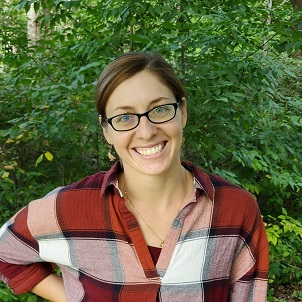
Contributor
Colleen Foehrenbacher is the Executive Director of Eagle Bluff Environmental Learning Center near Lanesboro.


